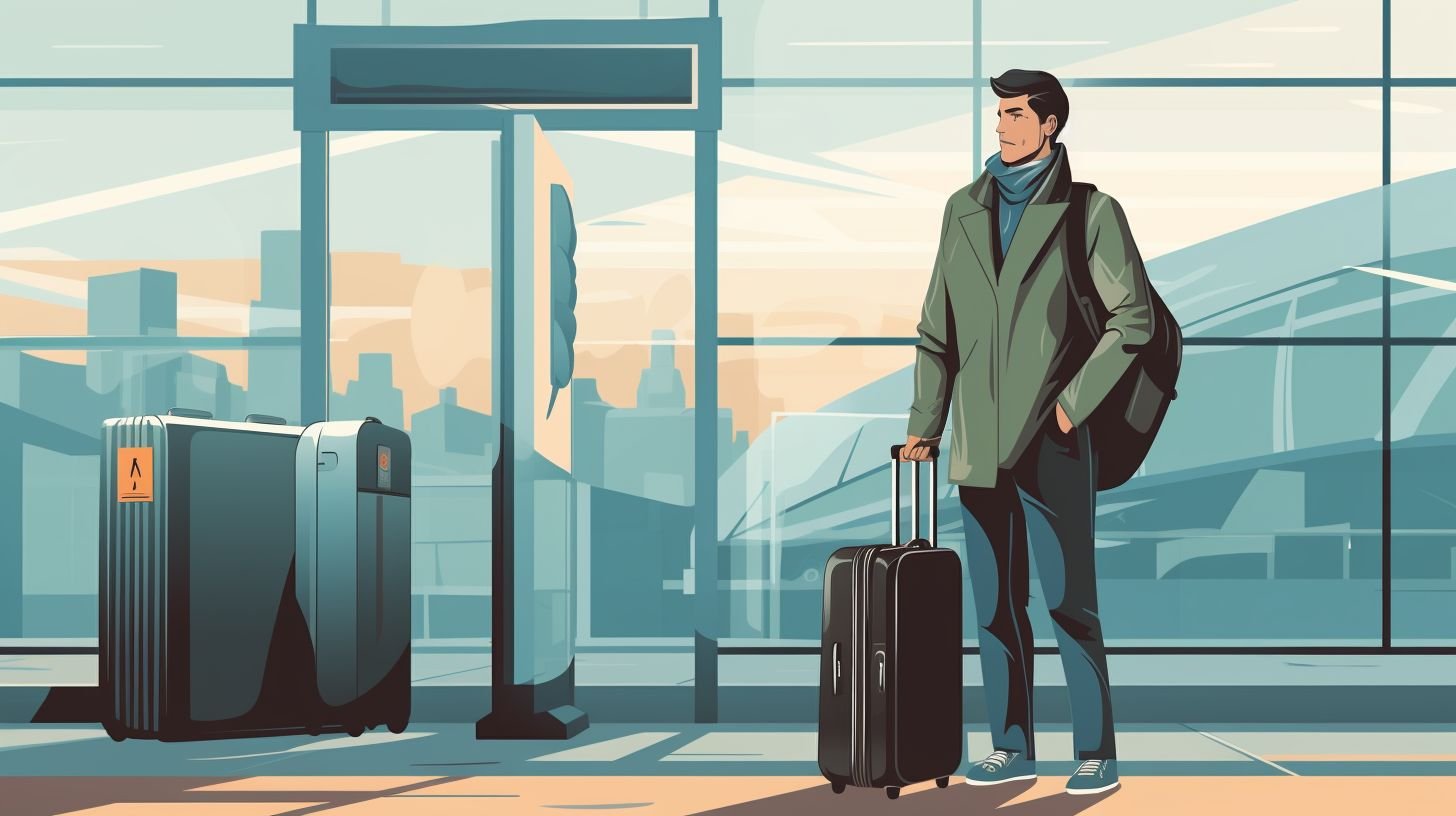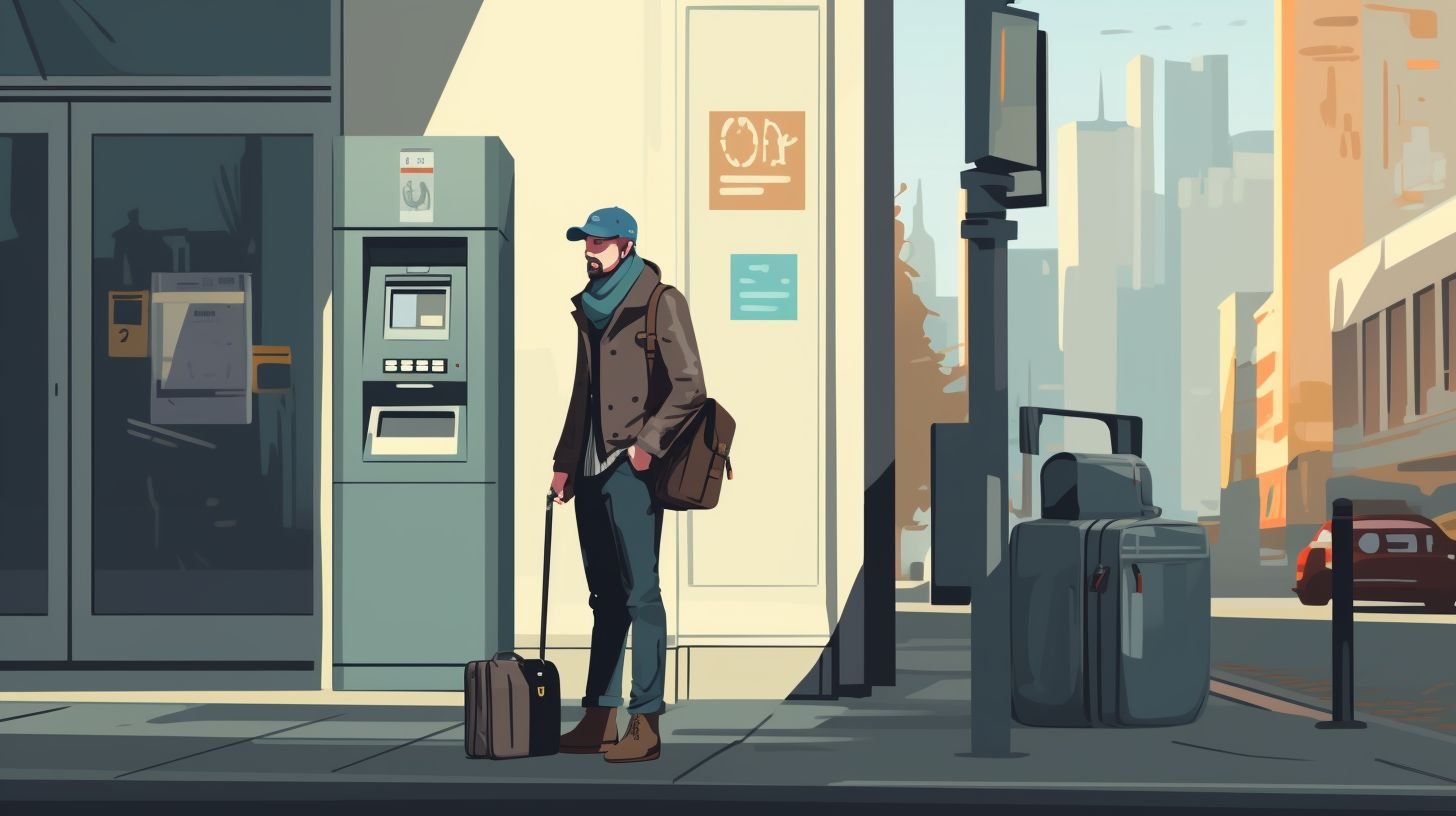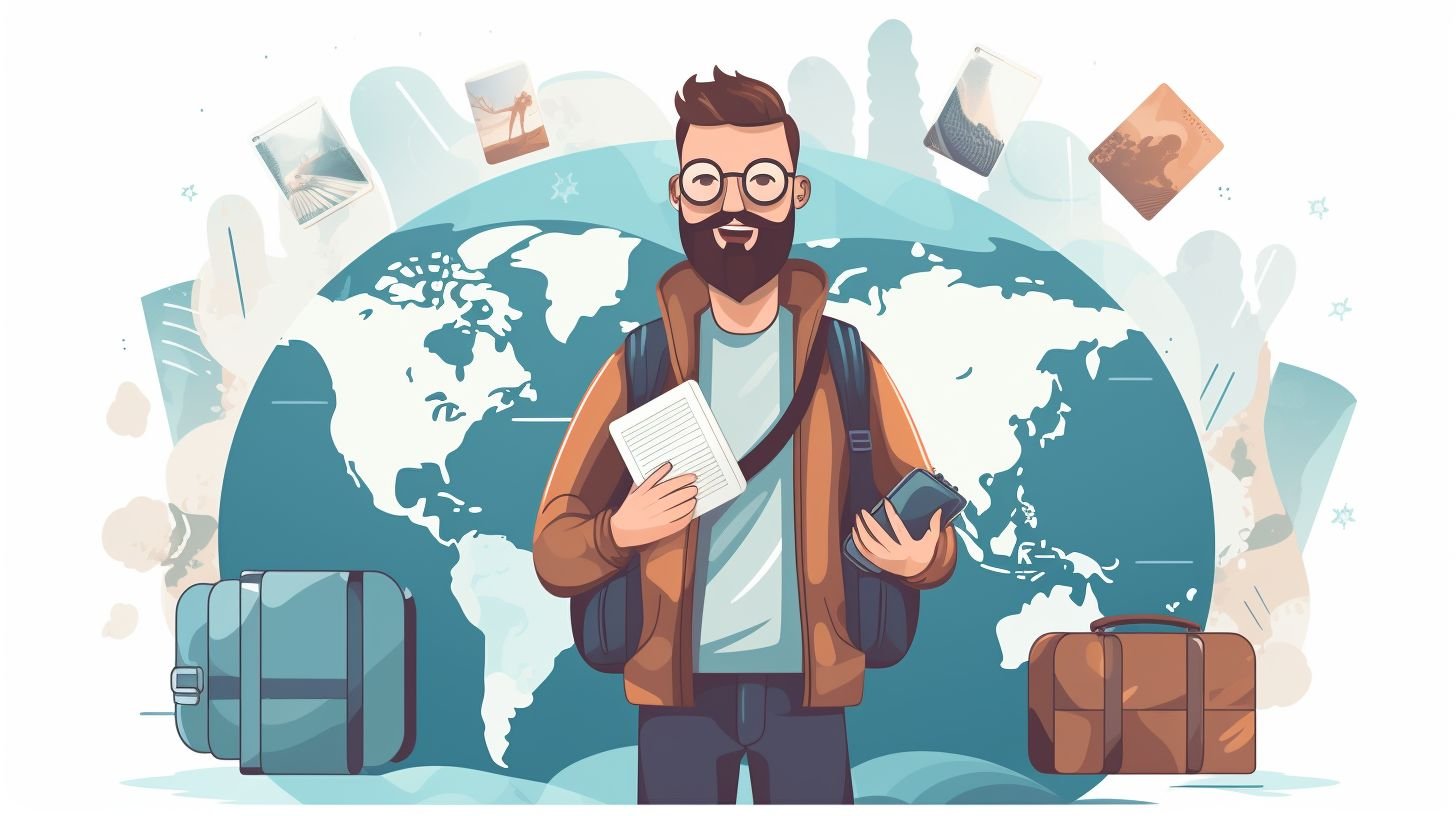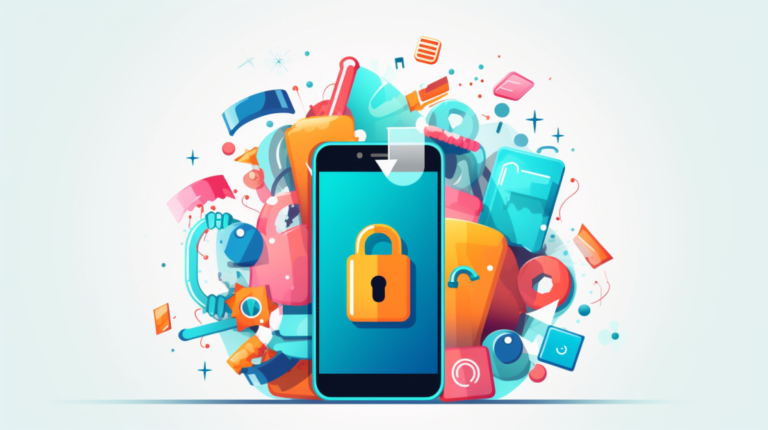Tips for Banking While Traveling Abroad

Key Takeaways
- Let your bank know when you’re going to travel. This stops them from freezing your cards.
- Check how much money other banks charge for using your card in another country. Some might not charge anything!
- Get some local cash before you leave. It’s useful for small buys and emergencies.
- Always try to use ATMs from known banks or fee – free ones to avoid high charges.
- Make sure not many people see where you keep your money and cards while traveling.
- After a fun trip, don’t forget to pay off any extra balance on your credit card right away.
Pre-Travel Banking Preparations
 Before you jet off, it’s crucial to get your finances in order. Start by informing your bank and credit card company about your travel plans – this proactive move can prevent a sudden freeze on your accounts due to suspected fraudulent activity. Look into the potential foreign transaction fees associated with using cards abroad, as some banks may charge hefty amounts per transaction. Consider securing travel insurance; it can be a financial lifesaver if unexpected mishaps occur during your trip. Lastly, prepare yourself with local currency because not all places accept cards, and having cash at hand is beneficial for small expenses or emergencies.
Before you jet off, it’s crucial to get your finances in order. Start by informing your bank and credit card company about your travel plans – this proactive move can prevent a sudden freeze on your accounts due to suspected fraudulent activity. Look into the potential foreign transaction fees associated with using cards abroad, as some banks may charge hefty amounts per transaction. Consider securing travel insurance; it can be a financial lifesaver if unexpected mishaps occur during your trip. Lastly, prepare yourself with local currency because not all places accept cards, and having cash at hand is beneficial for small expenses or emergencies.Alert your Bank and Credit Card Company
 I always call my bank and credit card company before I leave for a trip. This lets them know I’ll use my cards in another country. It stops them from thinking someone stole my cards and is using them wrong. When they think that, they freeze the cards. That keeps me safe, but it can also cause problems if I need to pay for something! So, a quick phone call helps keep this from happening while I’m away.
I always call my bank and credit card company before I leave for a trip. This lets them know I’ll use my cards in another country. It stops them from thinking someone stole my cards and is using them wrong. When they think that, they freeze the cards. That keeps me safe, but it can also cause problems if I need to pay for something! So, a quick phone call helps keep this from happening while I’m away.Research Foreign Transaction Fees
I always make sure to check foreign transaction fees before I travel. These are extra charges you get for using your card in a different country. Your bank or credit card company might have high fees. Some banks also offer cards with no foreign transaction fees, which can save you money. It’s wise to look into this before leaving home. Credit unions sometimes have lower fees and better service as well. Choosing the local currency when paying can also help avoid more fees. A step like this helps keep my finances under control while on vacation.Secure Travel Insurance
Getting travel insurance is a must for your trip. It can save you from big bills if things go wrong. This could be due to sickness or an accident while you’re away. Many travel credit cards offer this as a perk, so check yours before you buy more coverage. Make sure the policy covers what you need like medical costs and lost bags. With good insurance in place, I feel safer and ready to enjoy my vacation!Obtain Local Currency
It’s a good plan to get some local cash before you leave for your trip. This is useful for small buys like food or bus rides. You can get it from your bank, but check if they have the kind of money you need first. Some banks might not have these bills ready right away. Avoid getting cash at the airport if you can help it; they often charge high fees. Also, try to figure out how much cash you will need each day on your journey. It’s bad to carry too much money because of the chance of loss or theft.Smart Banking Practices While Traveling
 From learning when and where to use cash instead of your card, avoiding obtaining funds from random ATMs to prevent excess charges, practicing theft prevention measures, understanding the local tipping norms in different countries, to maintaining regular check-ins with your account online – smart banking practices while abroad can save you a lot of financial headaches. It’s about being mindful and strategic with how you handle money during your travels. Stick around as we delve into each practice in more detail; there’s so much more to learn!
From learning when and where to use cash instead of your card, avoiding obtaining funds from random ATMs to prevent excess charges, practicing theft prevention measures, understanding the local tipping norms in different countries, to maintaining regular check-ins with your account online – smart banking practices while abroad can save you a lot of financial headaches. It’s about being mindful and strategic with how you handle money during your travels. Stick around as we delve into each practice in more detail; there’s so much more to learn!When to Use Cash vs Card
It’s smart to think about when to use cash or a card. Using credit cards for big buys like flights and hotels is wise. This helps keep track of spending and earns you rewards points too. Plus, some cards have no foreign transaction fees. Still, it’s good to have some local currency on hand. In many places, small shops or street vendors only accept cash. Cash can also be handy if there’s a problem with card machines or ATMs. It pays to know your bank’s rules before you go!Avoid Random ATMs
I always do my best to avoid random ATMs when I’m traveling. Here’s why:- Not all ATMs are safe: Some can have hidden cameras or card skimmers that steal your information.
- They may charge high fees: Often, random ATMs will have high fees for cash withdrawal.
- Your bank may freeze your account: If you use an ATM in a foreign country, your bank may see this as suspicious activity. This could lead to your account getting frozen.
- Use ATMs from known banks: Many large banks have partners overseas. You can use their ATMs and save on fees.
- Check for fee-free ATMs: Before you travel, find out if there are any fee-free ATMs at your destination.
Protect Yourself from Theft
Theft is a risk when I travel. It’s smart to have ways to guard my cash and cards. One trick is to use a money belt or hidden wallet. These can hold my money, credit cards, and other key things out of sight. I also take care with ATMs. Scams happen sometimes at these machines. If the ATM looks odd or feels strange, I don’t use it! Also, I try not to let anyone see me typing in my code. When paying for things, I watch who handles my card. This way nobody gets a chance to skim it. Lastly, it’s good not to carry all of my cash with me at once. If bad luck hits me and someone steals from me, they won’t get everything.Understand Local Tipping Culture
One thing I do is learn about tipping rules before I go. Every place has its own way. Some places want you to give tips. Others see it as wrong. To respect local rules, find out how they feel about tips. That way, you won’t offend anyone by giving too much or too little money.Regular Account Check-ins
Check your bank account often when you travel. Look at the money you have spent. Banks can freeze accounts if they see strange withdrawals in another country. Your trip can be ruined if your card gets frozen. To stop this from happening, keep an eye on all of your accounts through online banking portals. If you see something wrong, call the customer service right away. Also check that no one else is using your credit card or bank account to buy things without asking you first. Make sure to use a safe internet connection and not free public Wi-Fi when looking at your bank details online.Secure Banking Practices
To keep your money safe, smart banking practices are a must. Always let your bank and credit card company know about travel plans. This way, they don’t freeze the cards due to “fraud”. Frequent cash withdrawals in other countries may seem suspicious. It’s safer to use cash for things like hotel stays to avoid identity theft risk. If you don’t have a credit card without foreign transaction fees, think about getting a prepaid travel debit card instead. Plus, it’s good to carry both cash and cards since some places might not accept one or the other. Cover all bases! Lastly, I can’t stress enough that regular check-ins with your account online help catch any fishy business on time.Post-Travel Banking Tips
 Once you’re back from your trip, don’t forget to convert any leftover cash and make sure to pay off any travel credit card balances promptly. Regularly reviewing your accounts after traveling can help spot unexpected fees or suspicious activity which might indicate fraud.
Once you’re back from your trip, don’t forget to convert any leftover cash and make sure to pay off any travel credit card balances promptly. Regularly reviewing your accounts after traveling can help spot unexpected fees or suspicious activity which might indicate fraud.Convert Leftover Cash
Turn your extra cash into money you can use back home. Don’t let it sit in a box. Many banks will switch it back for you. They often have good rates. You can also use leftover money to pay off charges on your travel card at the airport or hotel before leaving. Another idea is to keep some for next time if you plan to visit again soon.Pay off Any Travel Credit Card Balance
After a fun trip, you might have used your credit card a lot. It’s important to pay off that balance right away. This helps keep your debt low and stops high interest charges from piling up. Paying fast also saves money. Late fees can add up if you forget about them. Plus, paying on time is good for your credit score too! Keep these tips in mind after every trip to stay ahead of the game with your finances.Review Your Accounts
After your trip, it’s time to look at your bank and credit card accounts.- Go through all your spending. Make sure there’s nothing you didn’t buy or pay for.
- Look for any extra charges or fees you did not know about. Some banks charge you more when you use your card abroad.
- Check the exchange rates used in your transactions against standard rates online.
- Spot any false charges right away and tell your bank or credit card company about them.
- This is also a good time to add up how much money you spent on your trip.
- Keep an eye out for payments that seem delayed; they may come through after you get home.
Protecting Against Financial Fraud While Traveling
 Guarding your cash and personal banking details while traveling abroad is crucial. Practice fraud prevention tactics, such as checking ATMs for skimming devices before use. Be vigilant when using public computers or Wi-Fi to access financial accounts – key loggers can record your login details. Use secure online portals when accessing accounts and enable fraud detection alerts on all bank and credit cards. Remember, it’s safer to exchange legal tender at trusted currency conversion locations rather than with fellow travelers who may offer appealing rates but could be fraudulent. Finally, multiple bank accounts may seem excessive, but they serve as a safeguard in case one gets compromised; ensure that the daily withdrawal limits are reasonable to maintain budget control and protect against large-scale theft.
Guarding your cash and personal banking details while traveling abroad is crucial. Practice fraud prevention tactics, such as checking ATMs for skimming devices before use. Be vigilant when using public computers or Wi-Fi to access financial accounts – key loggers can record your login details. Use secure online portals when accessing accounts and enable fraud detection alerts on all bank and credit cards. Remember, it’s safer to exchange legal tender at trusted currency conversion locations rather than with fellow travelers who may offer appealing rates but could be fraudulent. Finally, multiple bank accounts may seem excessive, but they serve as a safeguard in case one gets compromised; ensure that the daily withdrawal limits are reasonable to maintain budget control and protect against large-scale theft.Guard Your Cash
Keep your cash safe when you travel. Don’t carry a lot of money with you. If someone steals it, you can lose all of it. Use some for day-to-day things like food and tickets. You can use a card for bigger buys like hotel rooms. This also helps stop people from stealing your identity.Practice Fraud Prevention Tactics
Staying safe from fraud is a key part of traveling. Here are some big steps you can take to protect your money:- Use special apps and websites to check exchange rates. A site like www.xe.com is good.
- Make sure you use secure ATMs when withdrawing money.
- Never do banking on public computers or free wi – fi spots.
- Do not share your card details with anyone, even if they say they’re from the bank.
- Always keep an eye out for scams, such as rigged ATM machines or fake currency exchange booths.
- Protect your cards and cash by using hidden pouches or wallets.
- Check your account often for any wrong charges or withdrawals.
Are the Safety Measures for Banking Apps the Same When Traveling Abroad?
When traveling abroad, it’s essential to consider the safety measures for safely using banking apps. While most banking apps have similar security features worldwide, it’s important to be cautious. Ensure your mobile device has a strong password or biometric authentication, use secure Wi-Fi networks, and enable two-factor authentication for extra protection. Remember to update your banking app regularly and monitor your accounts for any suspicious activity, regardless of your location.
Conclusion
 Travel smart and make your trips easy. With these banking tips, you can enjoy your holiday with no money issues. Stay safe from theft and fraud! Enjoy your travels with peace of mind!
Travel smart and make your trips easy. With these banking tips, you can enjoy your holiday with no money issues. Stay safe from theft and fraud! Enjoy your travels with peace of mind!





